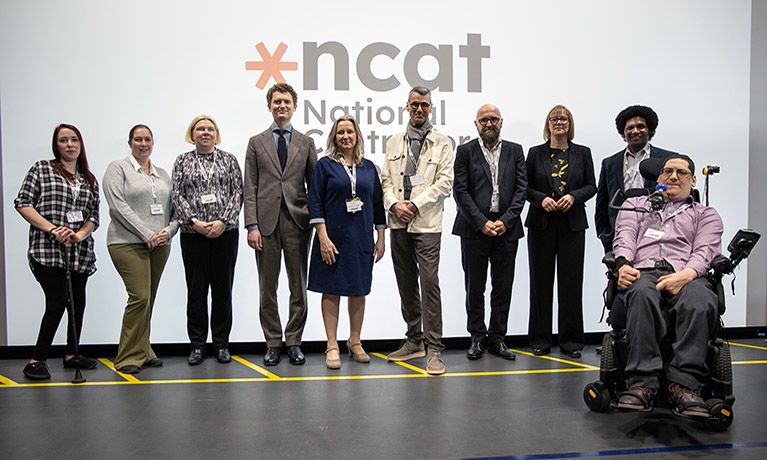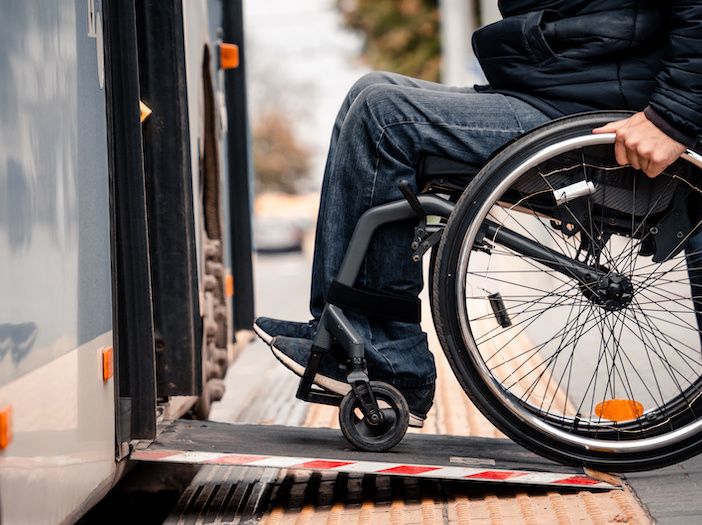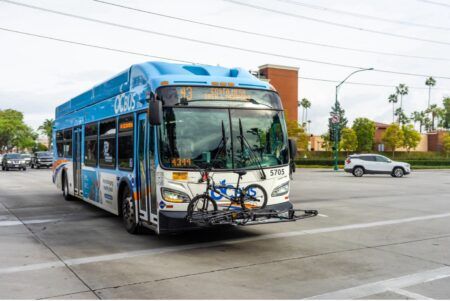Coventry University is today launching the National Centre for Accessible Transport (NCAT) with the aim to make future and existing modes of transport accessible to all.
A UK first in inclusive transport, NCAT is a £20 million project funded by Motability, the charity, and is led by Professor Paul Herriotts, based at the university’s National Transport Design Centre (NTDC), working alongside a number of organisations that form a specialist consortium.
Consortium members are Connected Places Catapult, Designability, Policy Connect, Research Institute for Disabled Consumers, and WSP.
“:It is vital that we listen to what disabled people have to say about their experiences of public and private transport and use this information to change the future of travel,” says Professor Paul Herriotts. “NCAT will use research and insights to influence key decision makers in the transport sector and local and national government to ensure that the way disabled people travel and get from one place to another is made much easier.”
NCAT’s research and agenda will be led by disabled people and will build upon the user-centred approach successfully developed at NTDC. The centre aims to make transport accessible for all by engaging with disabled people to better understand their experiences and co-design solutions; amplifying the voices of disabled people in all decision making; collaborating widely with transport stakeholders; and demonstrating good practice and impact to influence policy, with innovation at the heart of its work.

Motability’s research shows that disabled people in the UK currently make *38% fewer journeys than non-disabled people – a figure that hasn’t changed in the last decade. This impacts disabled people’s access to healthcare, employment, education and social activities.
“This is an amazing opportunity for Coventry University to improve transport for disabled people,” says Professor John Latham CBE, Coventry University vice-chancellor. “Putting disabled people at the heart of our research will help to make it as relevant and informed as possible so we can hopefully make a real difference in the world.”
“The importance of this project is that the research is being informed by disabled people who have lived experience of transport, it’s not just researchers saying I think we should do this or that,” says Kay Atkin, a PhD student at Coventry University. “There can sometimes be little things that you just wouldn’t think about unless you had that lived experience. There’s nothing like this centre at the moment and it’s great to be a part of this research, it’s very exciting.”





